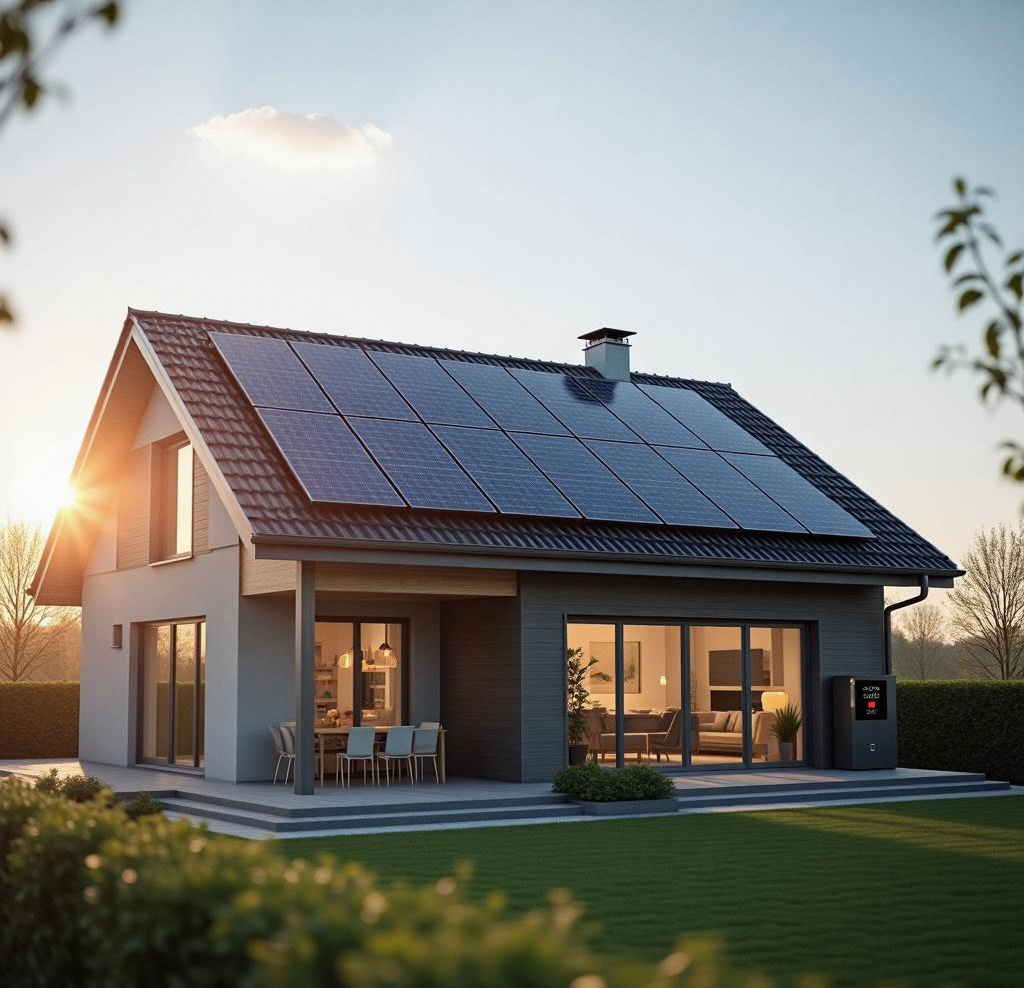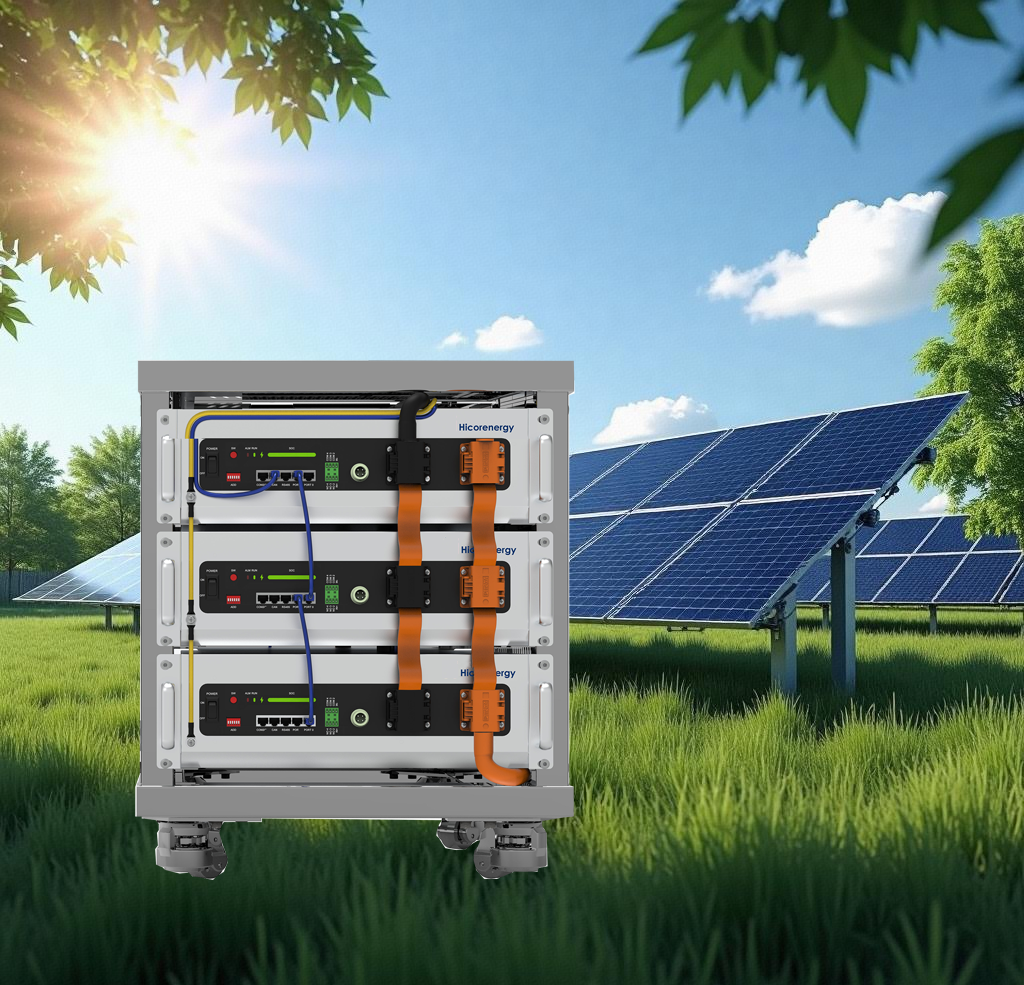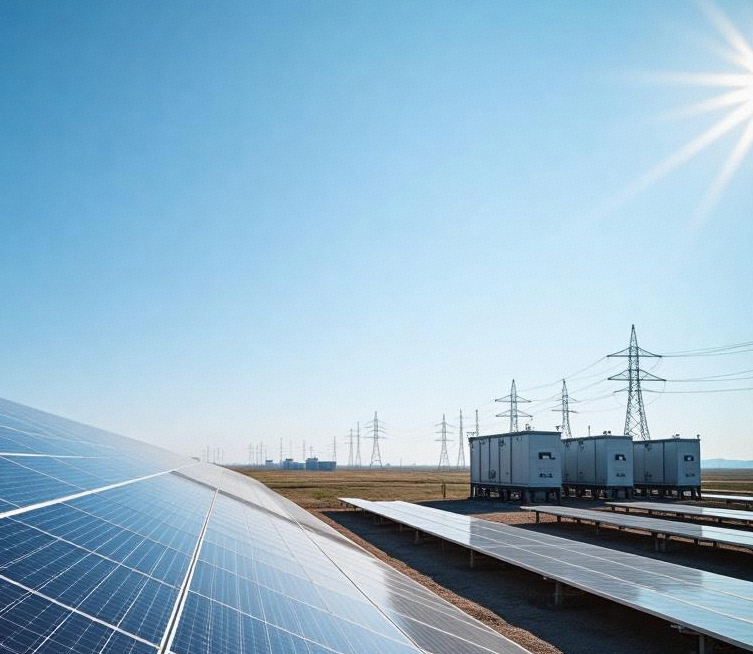Table of Contents
What Does a 10kW Battery Mean?
A 10kW battery is an energy storage system capable of delivering 10 kilowatts of power per hour under optimal conditions. It stores electricity for later use, providing backup power during outages and enhancing energy independence when paired with a solar system. These batteries are commonly used in residential and commercial settings to offset peak electricity costs and ensure reliable energy supply.

How Many kWh Will a 10kW Battery Produce?
A 10kW battery does not generate electricity but stores and discharges energy as needed. The total usable capacity depends on the battery type, depth of discharge (DoD), and efficiency. For example, if a lithium-ion battery has a 90% efficiency rate and 10kWh capacity, it can deliver approximately 9kWh of usable energy per full charge. With a solar system replenishing it during the day, the battery can cycle multiple times, extending its power supply over 24 hours. For homeowners with high energy consumption, pairing a 10kW battery with solar panels ensures sustainable and cost-effective energy use, reducing grid dependence and electricity costs.
What Can a 10kW Battery Run?
A 10kW battery can power household essentials such as lights, refrigerators, fans, and televisions. Depending on energy consumption, it may also support air conditioners and washing machines for limited hours, making it a reliable backup solution. For those seeking complete energy independence, combining a 10kW battery with efficient energy management practices allows for greater energy autonomy and long-term cost savings.
What Are the Factors That Determine How Long a 10kW Battery Will Actually Power a House?
The duration a 10kW battery can power a home depends on multiple variables, including household energy consumption, battery efficiency, depth of discharge, and external charging sources such as solar panels. Below are key influencing factors:
Household Energy Consumption:
The average U.S. household consumes about 30kWh per day. A 10kW battery with a usable capacity of 9kWh would last approximately 7-9 hours under average conditions, but energy-efficient homes could extend this duration.
Homes with energy-intensive appliances like electric water heaters, dryers, and HVAC systems will drain battery reserves faster, reducing the power supply duration.
Battery Efficiency and Usable Capacity:
Most lithium-ion batteries have a round-trip efficiency of 90-95%, meaning some energy is lost during charging and discharging.
Depth of discharge (DoD) affects how much stored energy is available. For example, a battery with a 90% DoD allows for 9kWh of usable power from a 10kWh capacity.
Battery degradation over time also affects efficiency, with most high-quality batteries retaining 80-90% of their capacity after several thousand charge cycles.
Energy Demand During Peak and Off-Peak Hours:
High-energy appliances like water heaters, electric stoves, and air conditioning units deplete battery reserves more quickly.
Using energy-efficient appliances, LED lighting, and smart energy management systems helps conserve power, extending battery duration.
Load shifting strategies, such as running high-energy appliances during solar production hours, optimize battery efficiency and reduce strain on stored energy.
Solar Panel Integration:
A 10kW solar system can recharge the battery during the day, significantly increasing its effectiveness and longevity.
With sufficient sunlight, the battery may recharge multiple times, providing longer-lasting power.
Battery storage allows homeowners to maximize solar self-consumption, reducing reliance on the grid and lowering electricity bills.
Weather Conditions:
Cloudy or rainy weather limits solar recharging capabilities, increasing reliance on the battery’s stored energy.
Temperature extremes can impact battery performance, with lithium-ion batteries performing best within a specific operating range.
Advanced battery management systems (BMS) help regulate temperature and ensure optimal battery efficiency, even in fluctuating weather conditions.

Standby Battery vs. Generators: Which Is Better?
Comparing a 10kW battery to a traditional generator requires evaluating key factors such as cost, reliability, and environmental impact:
Reliability:
Batteries provide immediate power without startup delays, unlike generators that require warm-up time.
Unlike generators, batteries do not produce noise or exhaust fumes, making them a more convenient and user-friendly option for residential use.
Maintenance:
Generators need fuel, oil changes, and periodic maintenance, whereas lithium-ion batteries are virtually maintenance-free.
Standby batteries can be remotely monitored and managed via mobile applications, providing real-time data on power usage and efficiency.
Cost Considerations:
Generators typically have a lower upfront cost but require ongoing fuel expenses, whereas batteries have a higher initial investment but lower operational costs.
Over time, savings from reduced electricity bills and increased energy efficiency can offset the initial cost of battery installation.
Environmental Impact:
Batteries use clean, renewable energy, whereas fuel-powered generators emit carbon dioxide and pollutants.
Governments and utility companies often provide incentives and rebates for battery storage systems, making them a more financially viable and environmentally friendly option.
What Does a 10kW Battery Cost?
The cost of a 10kW battery varies based on brand, technology, and installation requirements. Estimated costs include:
Battery Cost: $5,000 – $15,000, depending on chemistry and brand
Installation Costs: $1,000 – $5,000, depending on labor and permitting requirements
Additional Equipment: Inverters, charge controllers, and monitoring systems may add to the total cost
Government incentives and rebates can help reduce upfront expenses, making battery storage more cost-effective over time. Homeowners should consider long-term savings and energy independence benefits when evaluating the investment in a 10kW battery system.

Recommend LiFePO4 Battery
Hicorenergy offers industry-leading LiFePO4 battery solutions that provide superior safety, efficiency, and longevity. Our I-BOX 48100R and C5° batteries offer:
Long lifespan: Over 6,000 cycles with a 10+ year warranty
High efficiency: >95% round-trip efficiency
Wide compatibility: Works with most inverters
Flexible installation: Wall-mount, floor-stand, and rack-mount options
Scalability: Expandable up to 491.52kWh for larger energy storage needs
Smart monitoring: Remote monitoring and real-time energy usage data available via web/app platforms
Enhanced safety: Built-in battery management system (BMS) ensures optimal performance and protection against overcharging or overheating
Summary
Hicorenergy’s LiFePO4 batteries deliver high-performance, reliable energy storage for homes and businesses. Designed for efficiency and scalability, these batteries provide cost-effective backup power while reducing reliance on the electrical grid. With advanced safety features, long cycle life, and seamless integration with solar energy systems, Hicorenergy’s battery solutions offer the perfect balance of sustainability, performance, and affordability for residential and commercial applications.
We are hicorenergy. Welcome contact us for more details!
-scaled.png)
